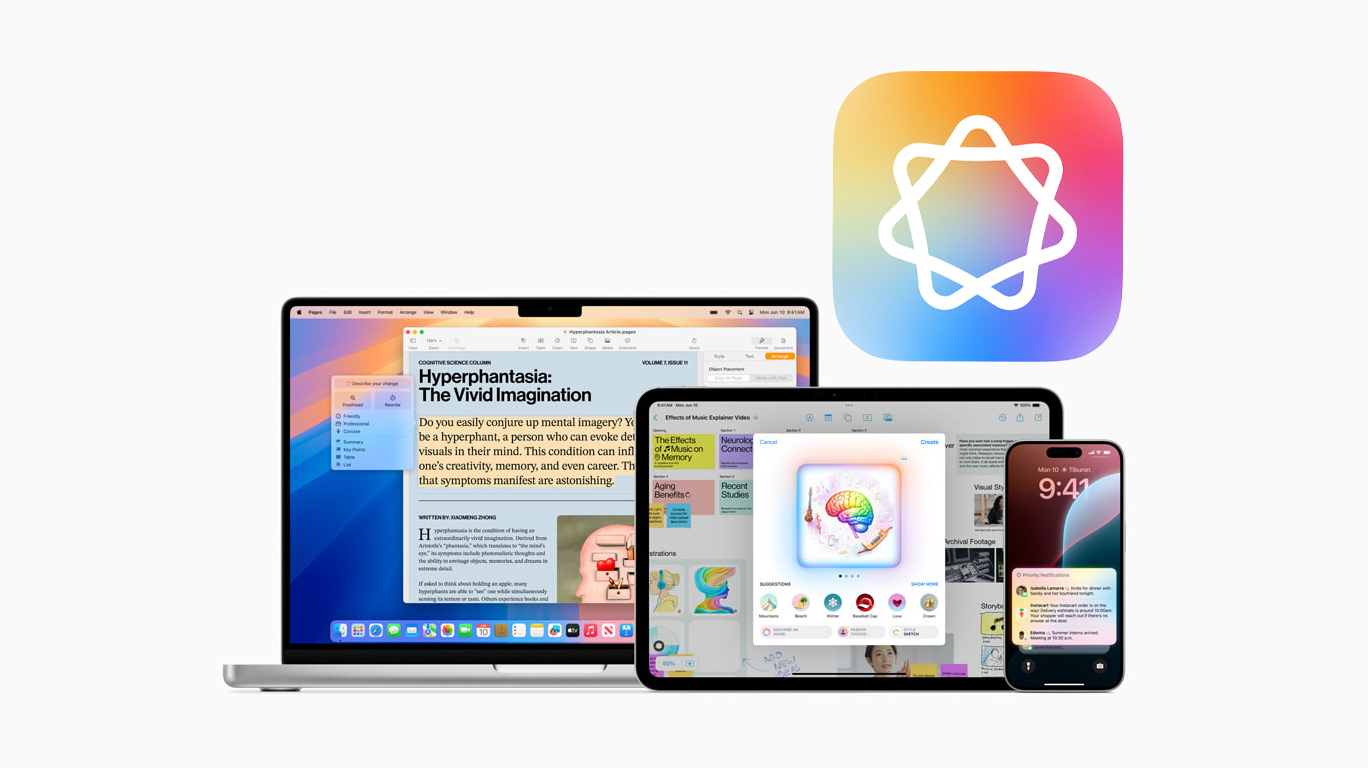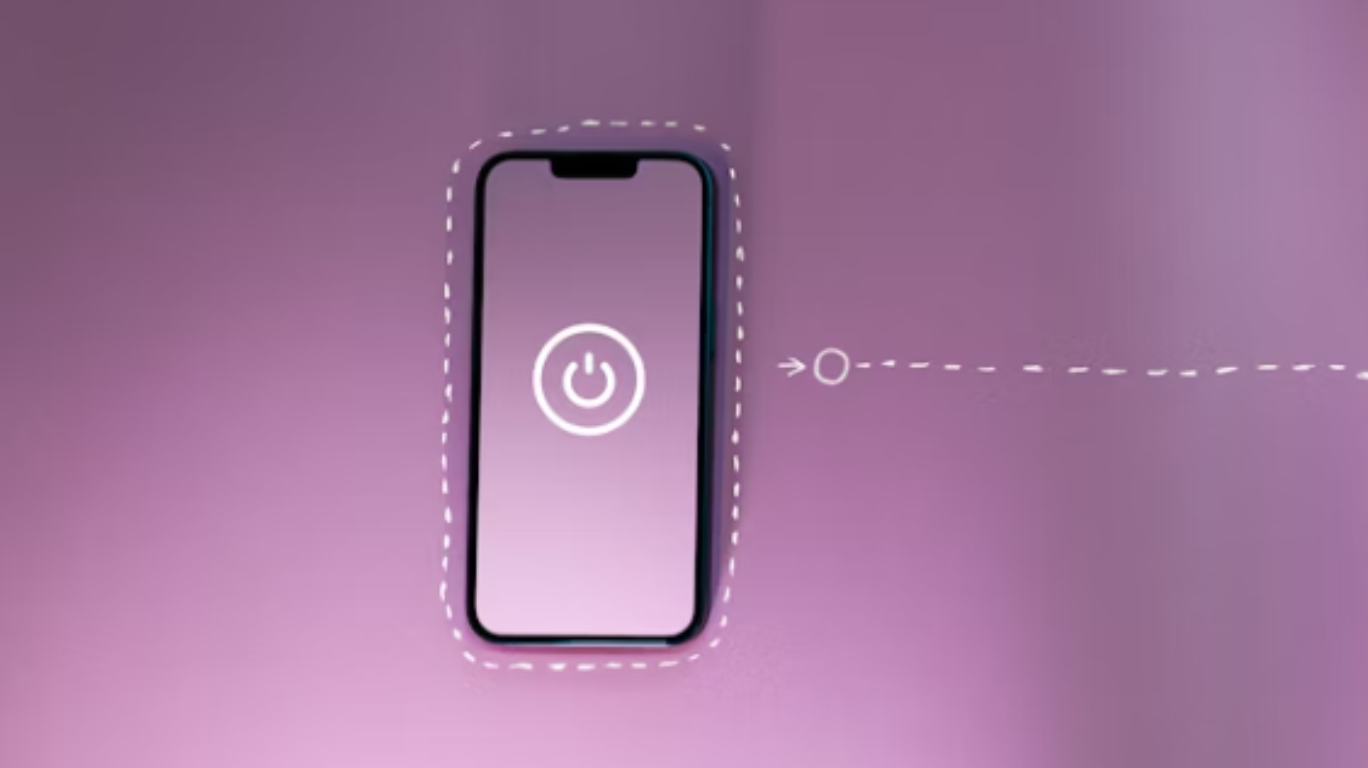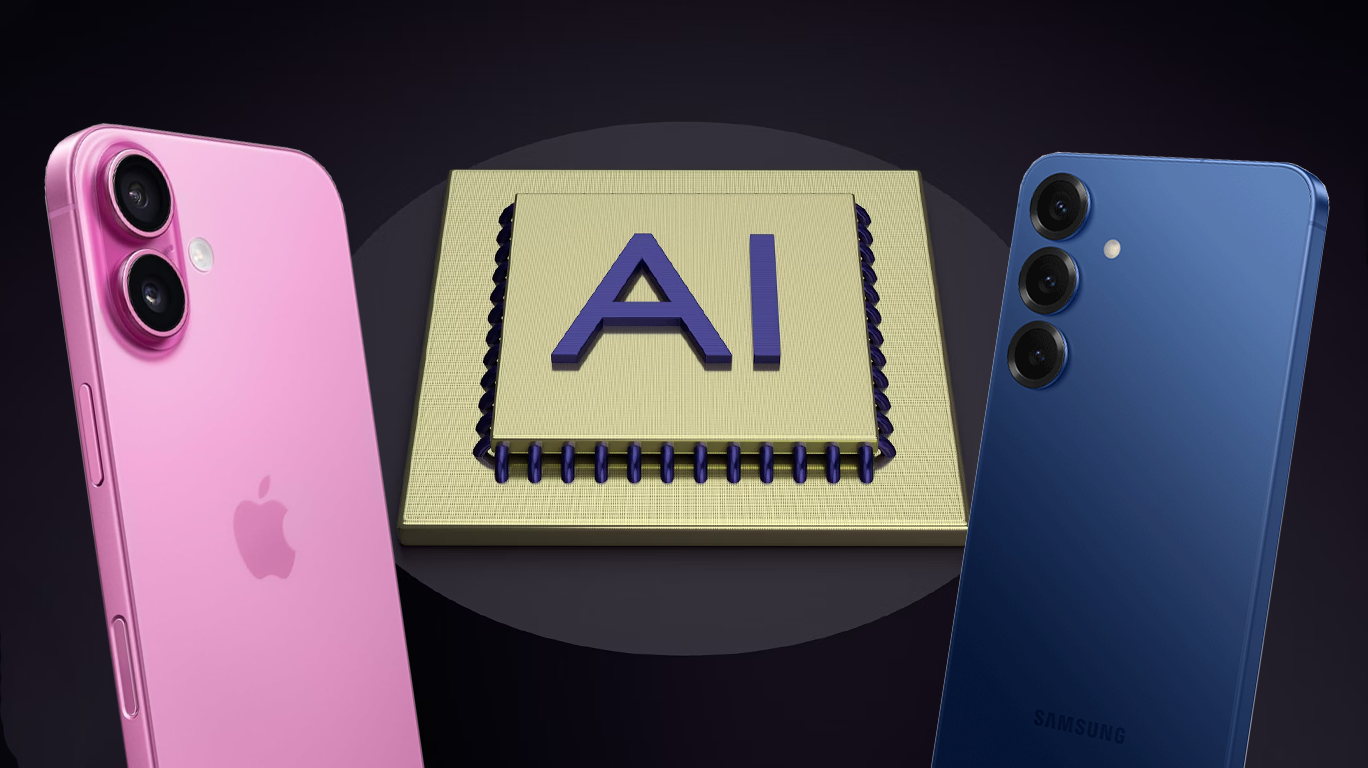AI vs. Voice Assistants: What’s the Difference?

From smart homes to smartphones, AI has become our everyday co-pilot. But, it’s easy to wonder whether Siri is as smart as ChatGPT, or if Google Gemini is just another Google Assistant.
This guide aims to demystify some of the most searched AI platforms and voice assistants: ChatGPT, Siri, Google Assistant, Google Gemini, Meta AI, and Perplexity. We break them down in this beginner-friendly guide - because your tech shouldn’t be a mystery.
What’s the difference?
| AI Type | Key Function | Primary Use Case |
| Voice assistant | Hands-free, command-based AI | Tasks like setting reminders, asking about the weather |
| Chatbot AI | Conversational, generative AI | Complex Q&A, content creation, and learning tools |
Similarities
- All can understand natural language
- All can answer questions or perform tasks
- Most are free or offer free versions
- Some integrate with smart devices
Differences
- Depth of reasoning and personalisation
- Real-time vs. pre-trained data access
- Integration with specific platforms
AI and Assistant Breakdown
ChatGPT
ChatGPT is a conversational AI assistant developed by OpenAI. It’s widely used for tasks like writing help, coding explanations, and summarising documents. More recent versions of ChatGPT include native voice integration, with voice input or read-aloud features. ChatGPT is a popular choice among students and professionals for its reasoning and creativity.
- Great for writing, brainstorming, and coding
- Available in both free and Plus versions
- Performs well in multi-step queries and educational use
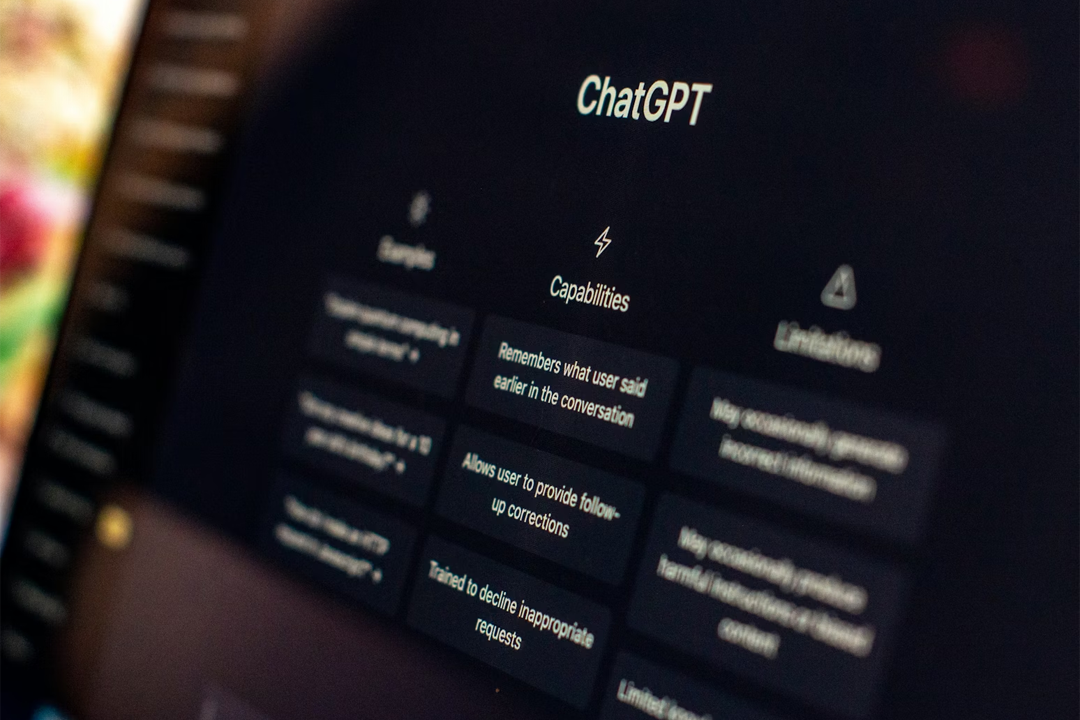
Siri
Siri is Apple’s built-in voice assistant, embedded into the iOS, macOS, and watchOS ecosystems. It’s designed for hands-free commands and is ideal for managing device tasks like sending messages, setting reminders, or checking the weather. While it isn’t as conversational as a chatbot, Siri is convenient and accessible.
- Seamless integration with Apple devices
- Quick, hands-free commands
- Prioritises user privacy with on-device processing where possible
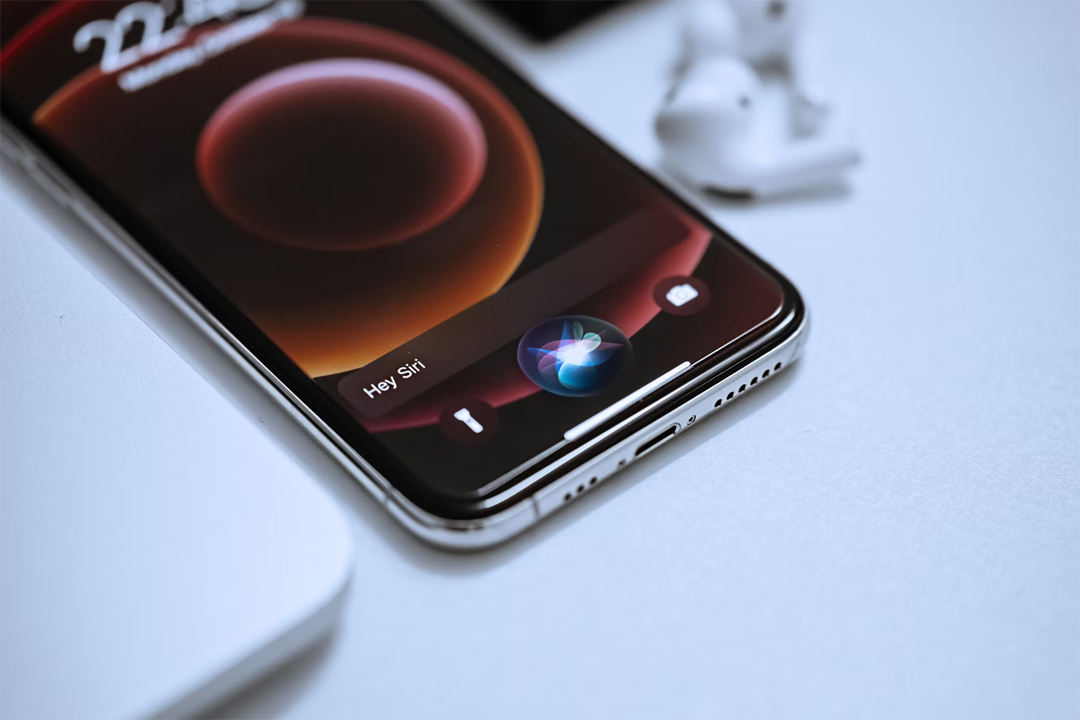
Google Assistant
Google Assistant is a voice assistant found on most Android devices and Google smart home products. It supports a wide range of commands, from controlling smart lighting to navigating traffic. While not as conversationally advanced as Gemini or ChatGPT, it provides practical, context-aware responses and performs well on tasks involving Google’s services.
- Integration with Google services (Calendar, Gmail, Maps)
- Great for smart home and Android users
- Supports routines and voice match for personalised responses
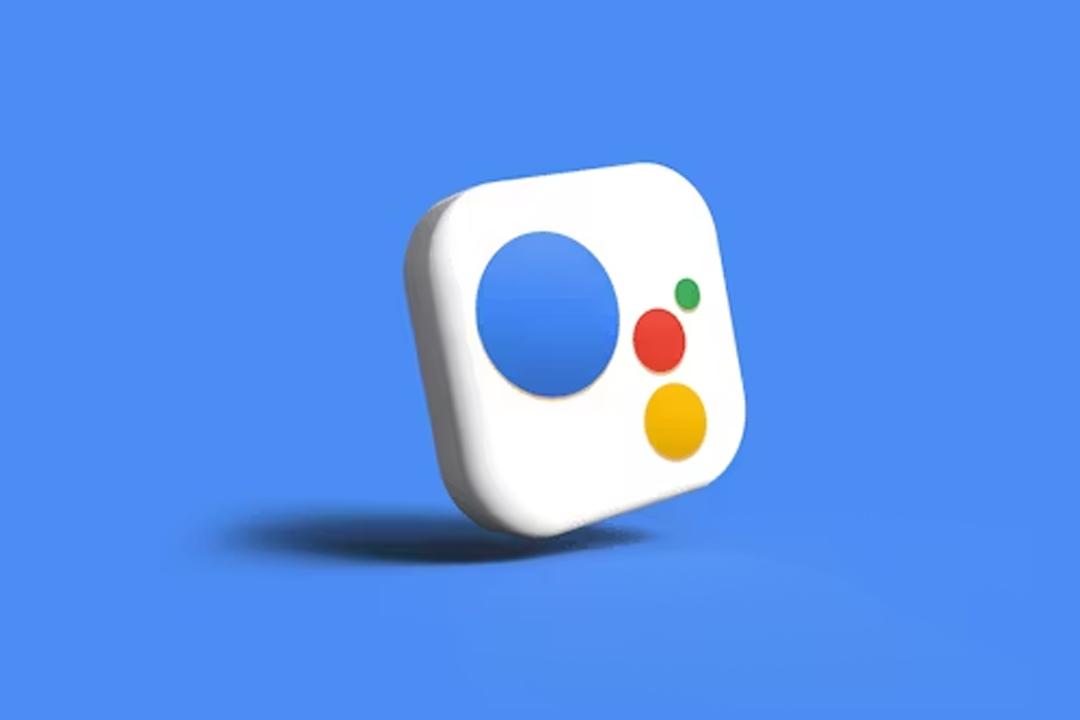
Google Gemini (formerly Bard)
Gemini is Google’s large language model AI. It evolved from its original Bard chatbot. Gemini offers natural conversations, creative generation, and web-connected answers. Unlike Google Assistant, it’s built for more complex queries and text-based interactions. It now integrates with mobile and desktop environments, particularly on Android, and is part of Google’s AI-first strategy.
- Can handle both text and image inputs
- Taps into live Google Search for up-to-date responses
- Designed to complement Google Assistant
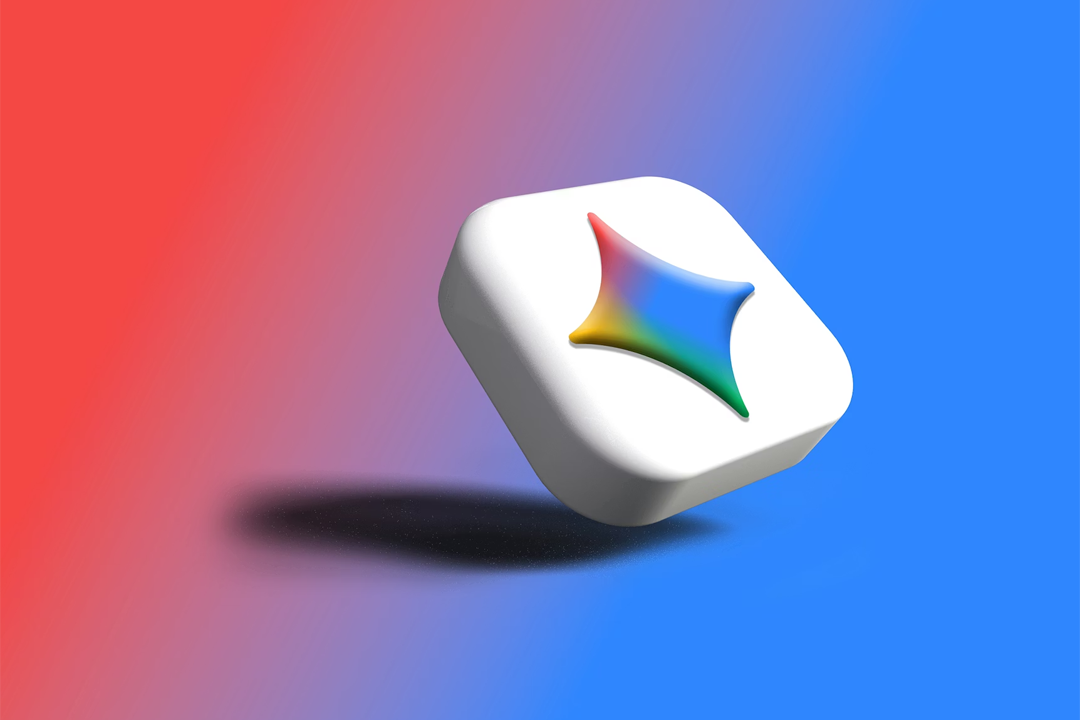
Meta AI
Meta AI is Meta’s (formerly Facebook) take on conversational AI. It’s embedded in apps like Instagram, WhatsApp, and Messenger. This assistant is designed for informal queries and quick access to information, often within the context of social interactions. Meta AI is for casual, fast-paced use rather than deep reasoning.
- Integrated directly into social media platforms
- Built for short, real-time interactions
- Strong presence in mobile environments, especially in Meta’s ecosystem

Perplexity AI
Perplexity AI is a focused AI assistant designed for search and learning. What sets it apart is its emphasis on transparency. It always provides sources for its answers. It’s ideal for users who want quick, reliable information and traceable facts, making it especially useful for students, researchers, and curious minds.
- Answers are cited with real-time sources
- Simple, ad-free experience with a focus on education
- Available on desktop and mobile
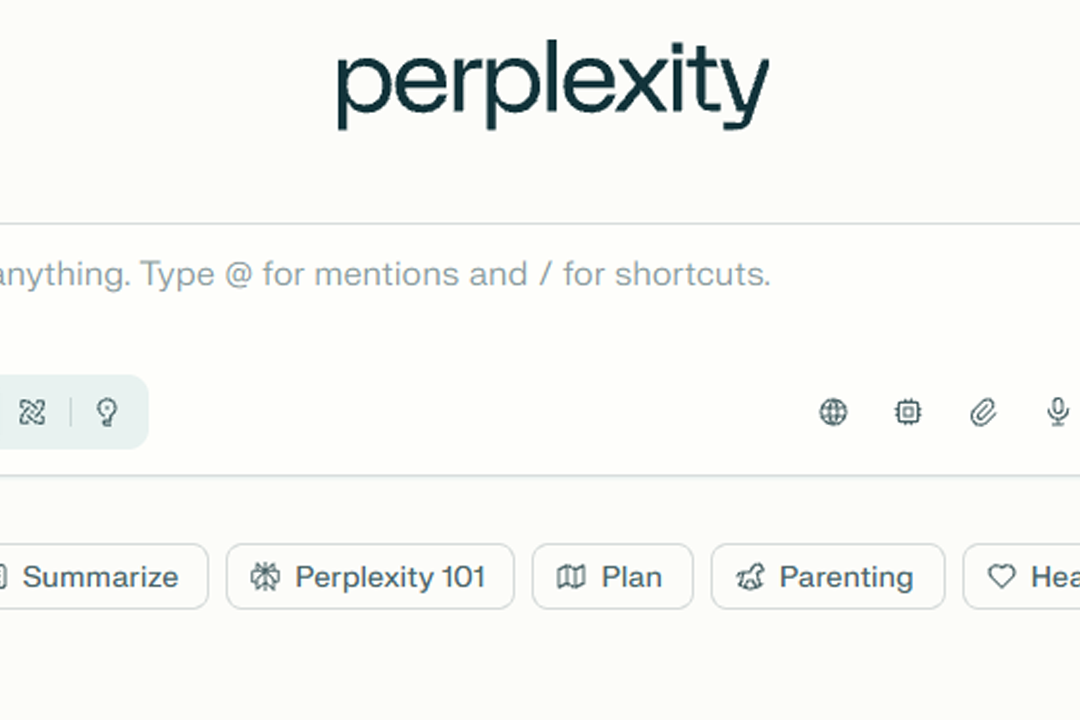
Use what works for you
Whether you want to control your smart home, get help drafting an email, or learn something new, there’s a tool that can help. The tools available to you will vary based on the device you use.
To get more out of your current device, explore which AI or voice assistant it supports and discover how it can enhance your daily tasks. If you’re considering a new device, the built-in assistant might influence your choice, so it’s worth comparing their capabilities before you buy.
